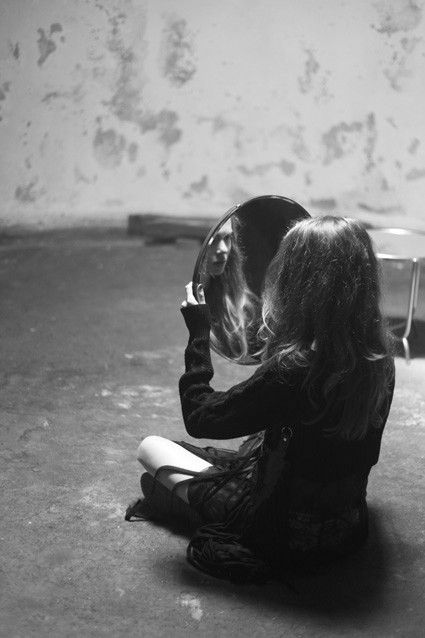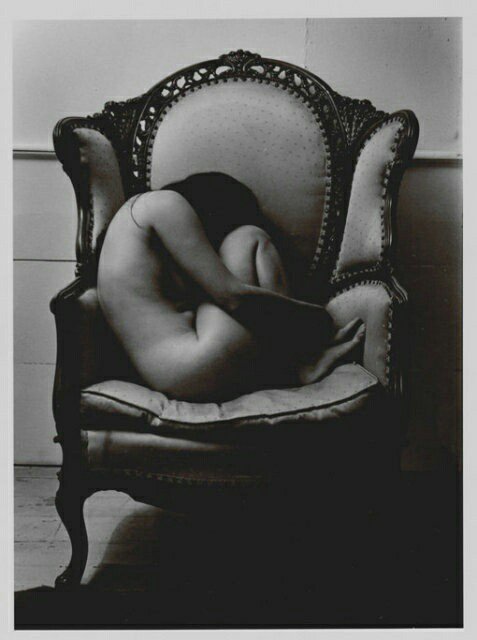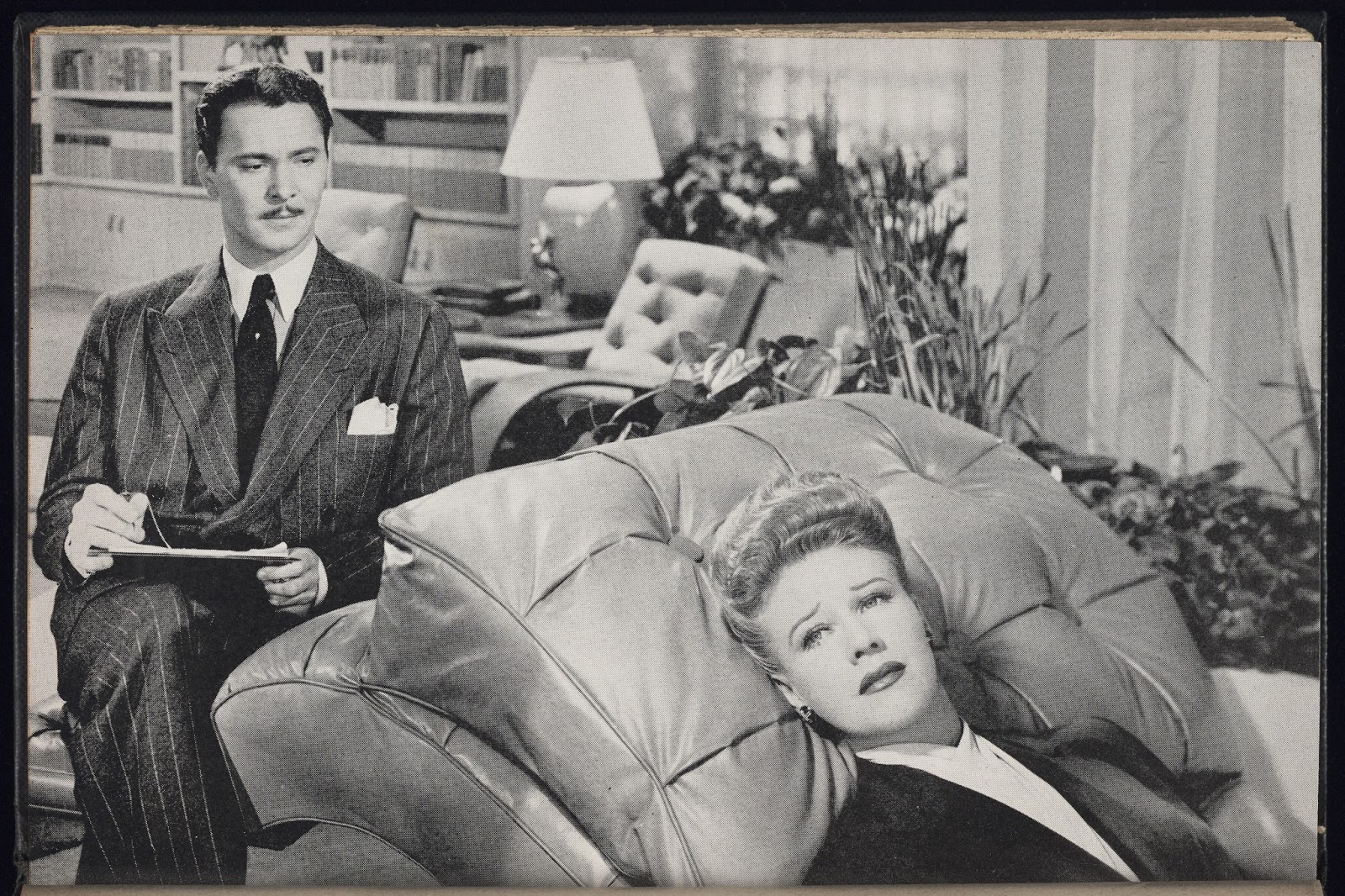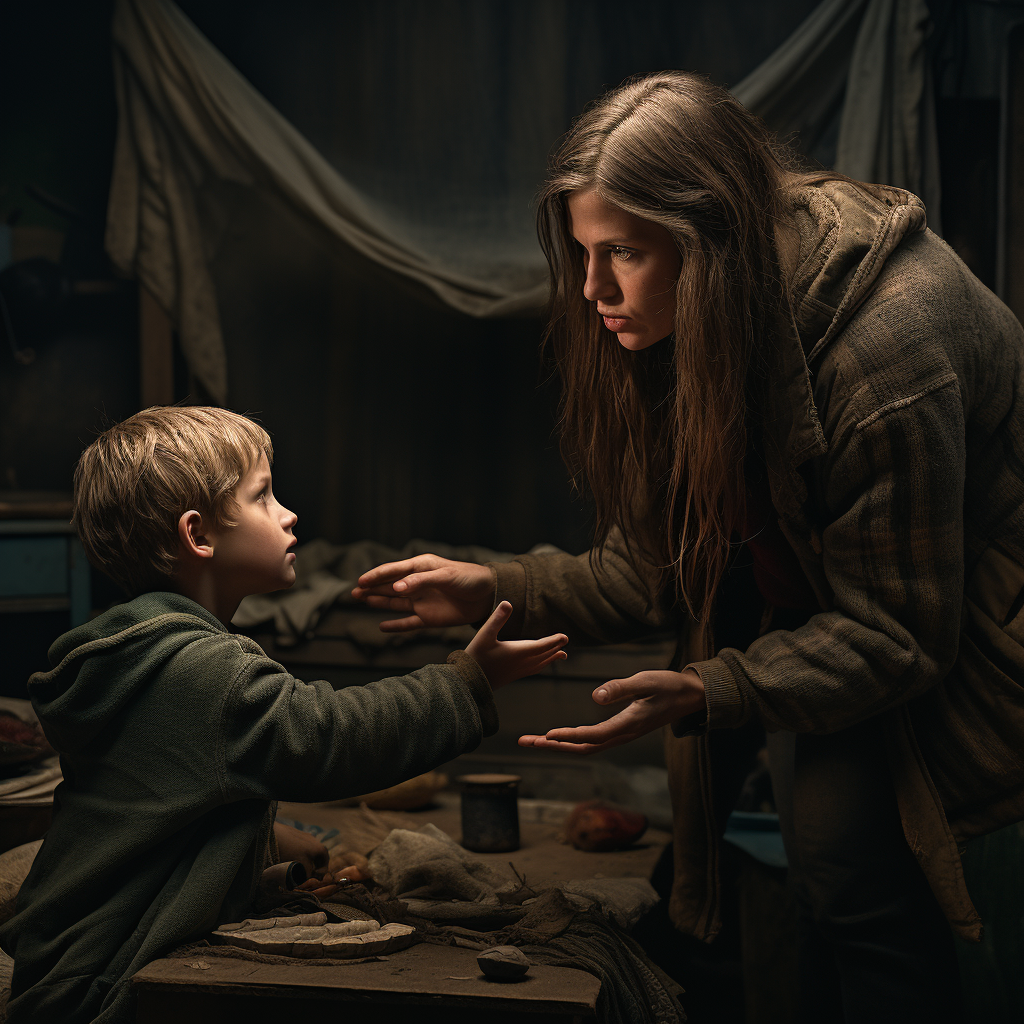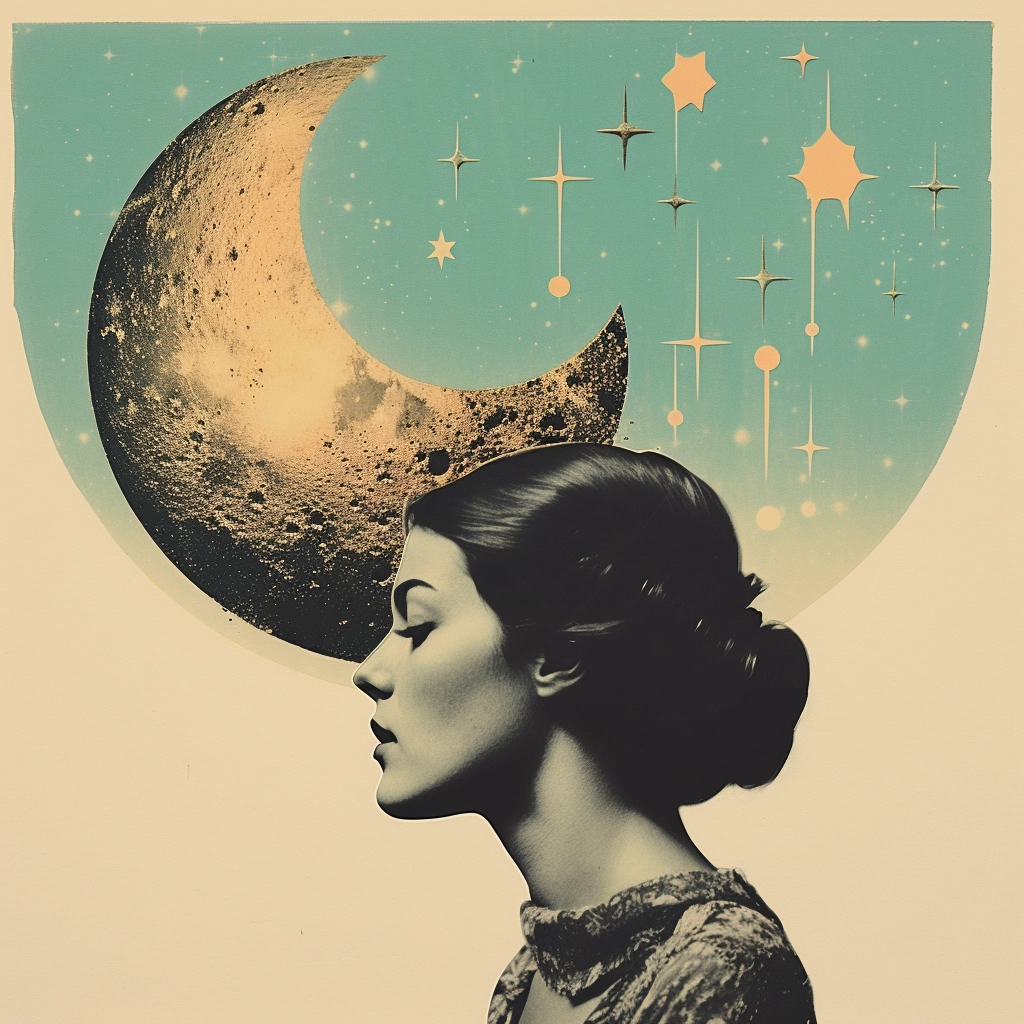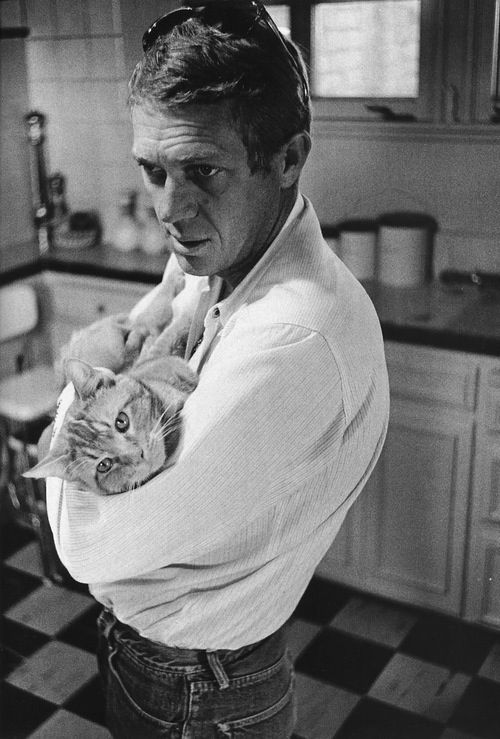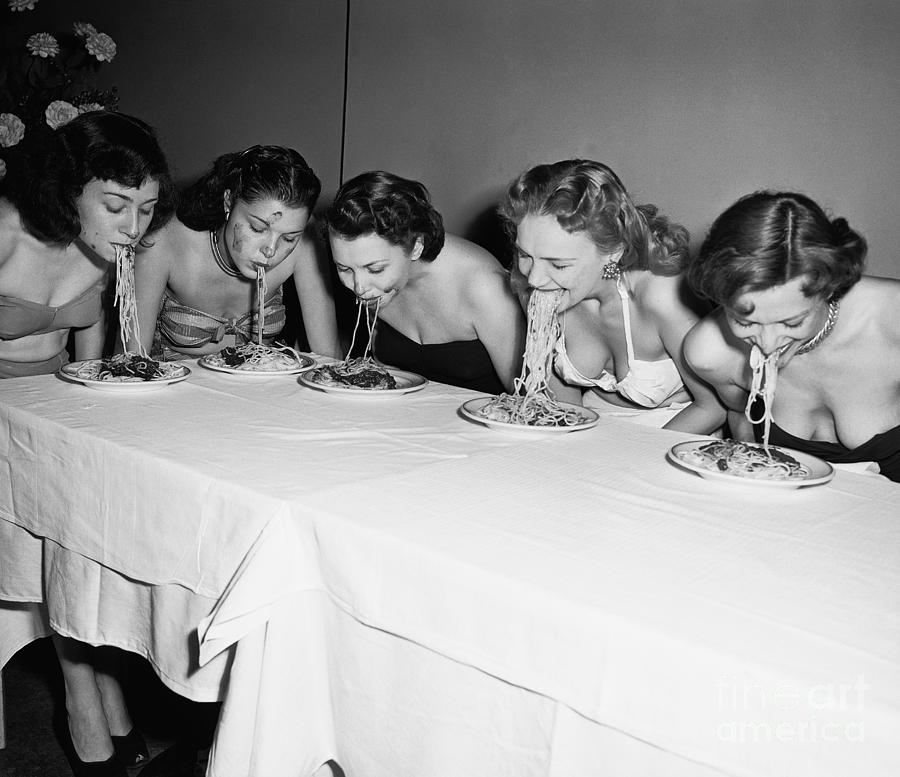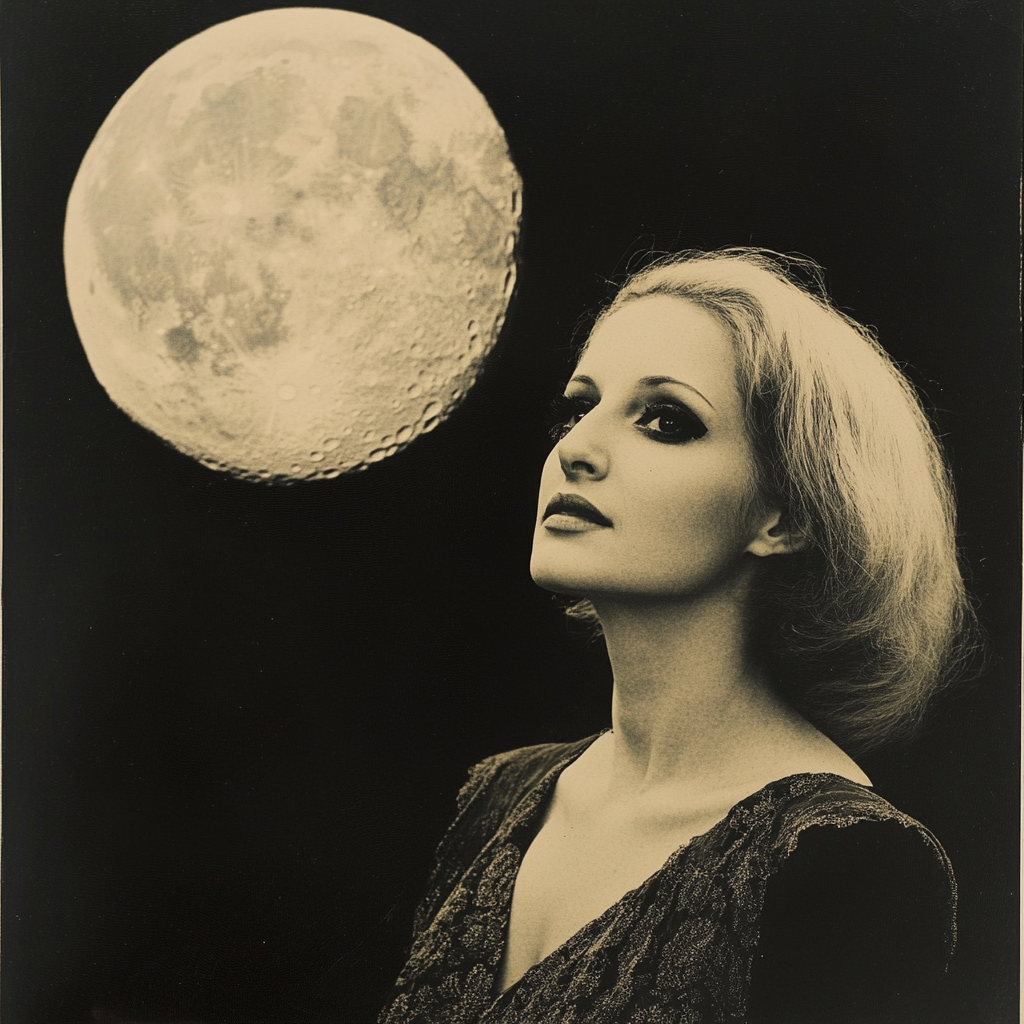
Those with the Moon in a challenging aspect to Saturn, whether it’s squaring or opposite the Moon, may experience emotional testing that echoes their sense of isolation as a child. Moon-Saturn reflects a strong sense of responsibility and the ability to cope with significant frustration, but the person may lack spontaneity, be anxious, and be terrified of being rejected when it comes to expressing their emotions. Because they are so guarded with their feelings, they tend to be cautious, reserved, and inhibited. It’s not uncommon for a Moon-Saturn to feel completely alone; they may have had a rocky upbringing and struggle to accept help or kindness from others. They keep their emotions under wraps and may lack the confidence to open up about how they really feel. One of the most important forms of self-protection is the refusal to let others see one’s weaknesses and needs.
A person who has experienced significant early-life hardship and deprivation is more likely to develop emotional hardening, toughness, and resilience as a result of their experiences. They have learned early on to be humble, responsible, and serious. However, self-pity can be a major issue even if it is covered up by a strong defence mechanism and an independent outlook on life. Since then, Moon-Saturn has learned to control their feelings and solve their own problems without anyone else’s help. Nobody can make them feel bad about themselves because they have no expectations and a high degree of realism.
In the worst possible scenario, the person has become heartless and unfeeling, treating themselves with the same lack of compassion with which they treat others. As a result of internalising feelings of isolation, the person in question may be emotionally distant, suspicious of others’ motives, and unwilling to share their own thoughts and feelings. It’s possible that the Moon will project this aspect and complain that no one ever helps them, that people are indifferent and uncaring, and that life is unfair.
In private, they are likely to be highly sensitive; in public, they may put up a wall and become defensive to the point of denial. The underlying insecurity felt by Moon-Saturn types can cause them to develop an obsessive need for material and emotional stability. Sometimes one’s past can feel like a cage, a weight, and a barrier to growing into an independent adult. Those with a Moon-Saturn connection are obligated to take care of others and often excel in caregiving occupations like nursing, social work, and hospitality.
They give weight to their emotions and thrive in healthy, mature relationships with a partner who understands them. When compared to their peers, they have a greater capacity for empathy toward those who are older or more seasoned. This person may not have had a carefree, free spirited childhood because they were forced to grow up too fast or because they had no one to talk to or play with. There may be parallels between the orphan’s inner landscape and one’s own if the experience of abandonment was traumatic enough to prevent the individual from freely expressing their feelings out of apprehension. Their typical partnership is with someone who is significantly younger or significantly older than them. In some cases, cultural differences are so great that parents express disapproval. If this aspect is highly emphasised in a person’s birth chart, it can represent a sense of rejection and abandonment from a formative period of life.
It’s commonly regarded as the “orphan aspect,” but it may just as easily be depicting a kid who’s struggling to keep up with their share of the household duties and responsibilities. A plausible explanation for the family’s seeming authoritarian, disciplinary, and fundamentalist tendencies is that they were simply deeply religious. It’s possible that the mother of the family took up the most of the childcare tasks herself. Maybe both parents put in long hours at the office, prioritising work over spending time with their children. Since no one paid attention to how they really felt, it’s probable that the emotions were buried deep. They were told to stop acting like children and grow up, and it’s possible that a loving embrace and some encouraging words were all they needed.
A mother who is melancholy, world-weary, and confined may be reflected in the harsh Saturn aspects, which may represent a lack of warmth or a mother who is overly strict or icy. It’s possible that the person didn’t have a mother figure growing up, and that the absence continued after her passing. Possibly the mother had a tough upbringing, and the youngster feels compassion for her and takes on a lot of household chores as a result. There are occasions when a person’s defences are so high because of childhood trauma that no one can get through to them. When it comes to revealing their true emotions, they are paralysed by feelings of low self worth and mediocrity.
The Moon in a horoscope represents the individual’s desire for emotional and physical sustenance, as well as the need for protection and safety. Saturn is not a fan of things that are immature, unrealistic, or illogical. Learning to rely on oneself, seeing results from one’s efforts, and taking charge of one’s own well-being are all lessons one may take from a Saturn family. It stresses the importance of becoming self-sufficient in an indifferent environment. The best advise in the world often comes from those with a Moon-Saturn astrological alignment because of their realism and practicality. According to astrology, our challenging facets are complexes, and as a result, anytime a person’s emotions are expressed, it can resurrect painful memories from the emotional sphere (the Moon).
Moon-Saturn’s heart is moved when they try to become close to one another, but early memories of grief, hurt, and neglect often resurface, and the person swiftly shuts the door and refuses to let anybody in. They have a tendency to feel guilty and obligated to others, experience bouts of sadness and depression, and view the world as a cruel and uncaring place. This is the classic sign of insecurity, and the results of this may be seen in their relationships. Ultimately, the person emerges from the ordeal stronger and more equipped to deal with adversity. They are trustworthy, resilient in the face of adversity, and a shoulder to lean on for those around them. Even though they are emotionally solid, they need to share how they are doing and let others in on how they feel.


